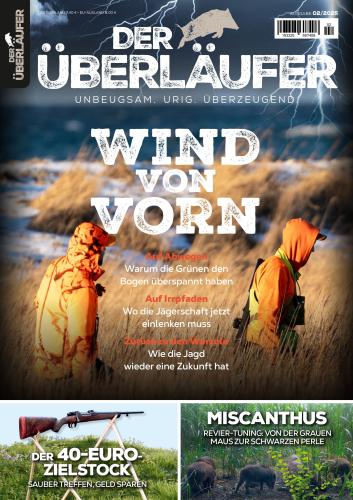![Jean-Charles Gandrille, David Galoustov, Grégoire Korniluk - Gandrille: Piano Trios (2024) [FLAC 24bit/48kHz] Download](https://imghd.xyz/images/2024/06/18/lr9e1hjdgp3ma_600.jpg)
Jean-Charles Gandrille, David Galoustov, Grégoire Korniluk – Gandrille: Piano Trios (2024)
FLAC (tracks) 24 bit/48 kHz | Time – 01:05:25 minutes | 674 MB | Genre: Classical
Studio Masters, Official Digital Download | Digital Booklet, Front Cover | © Paraty
This album highlights the composer’s artistic journey and inspirations through his various trios for violin, cello, and piano. It explores themes of nostalgia, rhythm, and commemoration, while describing the intense creative process that led to the creation of each piece. From contemplating the night to commemorating Holocaust victims, each trio represents a unique emotional journey, captured in music rich in textures and feelings.Emotion, childhood dreams, joy, the sorrow of adolescence and adulthood; classical music has allowed me to express their tones, and translate the colors of tenderness, nostalgia, grief, and consolation. Tributes too – to Jean Comandon, a doctor, researcher, and pioneer of scientific cinema, and in 2016, to the victims of Auschwitz.
From Bach’s “Cello Suites”, Brahms’ “Hungarian Dances” and the works of Béla Bartok, composers have often bridged the gap between classical music and popular music. At times, Ravel ventured into the realm of jazz. It was a way of reaching other audiences, a means of renewal, a broadening of the spectrum of emotions, a freeing of the body and soul, and setting them in motion through dance. Combining the sensory pleasures of the Dionysian with the Apollonian.
For my part, I have realized that certain popular music, mostly dance music, has influenced my compositional work to some extent. It is not immediately obvious that beats found in that “groove-based music”, which reaches its peak of expression in Techno music, is already, in certain respects, at the opening of Bach’s Christmas Oratorio or Vivaldi’s The Four Seasons, especially the Concerto for winter, Beethoven’s symphonies, or the Pygmy Aka dances of Central Africa. While I have been receptive to the various innovative aspects of Steve Reich’s and Philip Glass’s works, I must admit that I may have been influenced, perhaps unwittingly, by the place that “groove-based music” have gradually taken in the musical landscape.
Tracklist:
01. Jean-Charles Gandrille, David Galoustov, Grégoire Korniluk – Nox-Trio, Trio No. 1, Op. 31: I. Cantus (06:38)
02. Jean-Charles Gandrille, David Galoustov, Grégoire Korniluk – Nox-Trio, Trio No. 1, Op. 31: II. Contrapunctus (08:53)
03. Jean-Charles Gandrille, David Galoustov, Grégoire Korniluk – Pop-Trio, Trio No. 2, Op. 43: I. Énergique (04:48)
04. Jean-Charles Gandrille, David Galoustov, Grégoire Korniluk – Pop-Trio, Trio No. 2, Op. 43: II. Calme (05:12)
05. Jean-Charles Gandrille, David Galoustov, Grégoire Korniluk – Pop-Trio, Trio No. 2, Op. 43: III. Intense (02:02)
06. Jean-Charles Gandrille, David Galoustov, Grégoire Korniluk – Triads, Trio No. 3, Op. 57: I. Triads (06:15)
07. Jean-Charles Gandrille, David Galoustov, Grégoire Korniluk – Triads, Trio No. 3, Op. 57: II. Auschwitz impressions (09:10)
08. Jean-Charles Gandrille, David Galoustov, Grégoire Korniluk – Triads, Trio No. 3, Op. 57: III. Final (04:54)
09. Jean-Charles Gandrille, David Galoustov, Grégoire Korniluk – An Angel…, Trio No. 4, Op. 85: I. An Angel foretold… (12:09)
10. Jean-Charles Gandrille, David Galoustov, Grégoire Korniluk – An Angel…, Trio No. 4, Op. 85: II. Angel Dance (05:20)
Download from FileJoker:




















![Jean Charles Gandrille - Gandrille Piano Trios (2024) [24Bit-48kHz] FLAC [PMEDIA] ⭐️ Jean Charles Gandrille - Gandrille Piano Trios (2024) [24Bit-48kHz] FLAC [PMEDIA] ⭐️](https://imageurl.xyz/images/2024/06/17/ab67616d0000b273c2af7455d5b180d9160176f026be64e5f6ff223e.jpg)